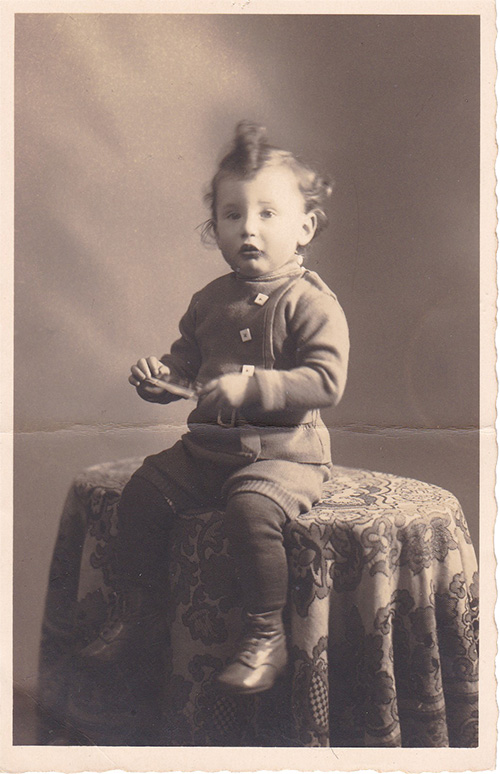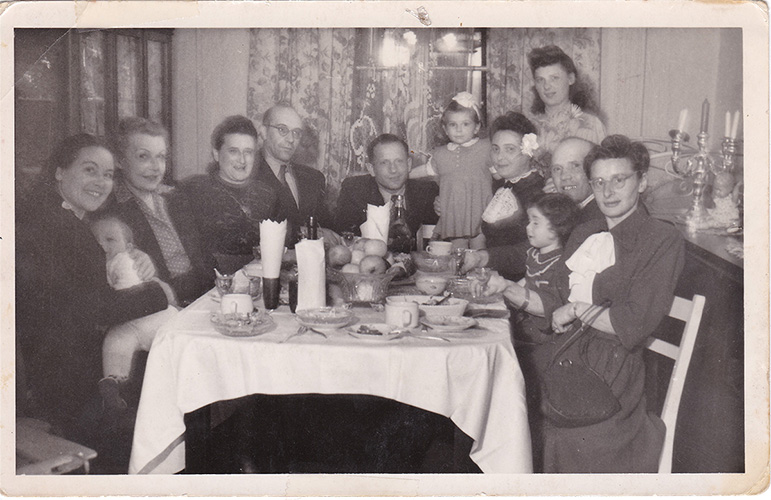
Praust Welcoming Committee
By: Mitzi J. LevinConcentration camp prisoners experienced physical and emotional abuse on a daily basis. Inhumane living conditions, savage beatings, disease, and cruel medical experiments were a few of the ways the Nazis inflicted physical pain. Often, it seemed, they enjoyed the game of emotional abuse even more.
Sisters Ilse Nathan and Ruth Siegler had arrived at Praust early one morning by truck transport.
“Just outside the camp, SS guards motioned for some of us to climb onto a large mound of dirt at the top of a ditch,” remembers Ruth. “We were sure death awaited us. I was thinking, ‘Had it come to this after all we had been through? Is this how it would end?’
“We knew that standing at a ditch resulted in being shot. I expected to fall into it and be covered with other fallen bodies. Evidence of our lives would vanish, and the outside world would never know we had existed.”
Time passed slowly as Ruth prayed with her sister by her side. “I’m not sure how long we stood there, tired, sick, starving, lifeless bodies, facing the killers before us. After a while, the guards lowered their guns, turned, and walked away laughing. We climbed down to start another long day. Later, we learned the ditch had been dug not as a grave, but for Nazi protection from allied bombs.”


